Mahdia District | |
|---|---|
 | |
| Country | |
| Province | Tiaret Province |
| Time zone | UTC+1 (CET) |
Mahdia District is a district of Tiaret Province, Algeria.
| This article about a location in Tiaret Province is a stub. You can help Wikipedia by expanding it. |
Mahdia District | |
|---|---|
 | |
| Country | |
| Province | Tiaret Province |
| Time zone | UTC+1 (CET) |
Mahdia District is a district of Tiaret Province, Algeria.
| This article about a location in Tiaret Province is a stub. You can help Wikipedia by expanding it. |
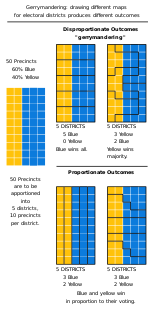
Gerrymandering (,) is a practice intended to establish an unfair political advantage for a particular party or group by manipulating district boundaries, which is most commonly used in first-past-the-post electoral systems.

Ho Chi Minh City, also commonly referred to as Saigon, is the largest city of Vietnam. According to the 2019 census, Ho Chi Minh City has a population of over 8.9 million within city proper and over 21 million within the metropolitan area. Located in southeastern Vietnam, the city surrounds the Saigon River and covers about 2,061 square kilometres. Ho Chi Minh City is the economic and financial centre of Vietnam, and plays an important role in the country's culture and scientific developments.
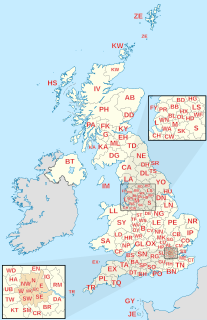
Postal codes used in the United Kingdom are known as postcodes. They are alphanumeric and were adopted nationally between 11 October 1959 and 1974, having been devised by the General Post Office. A full postcode is known as a "postcode unit" and designates an area with several addresses or a single major delivery point.

Washington, D.C., formally the District of Columbia and also known as D.C. or Washington, is the capital city of the United States of America. Founded after the American Revolution as the seat of government of the newly independent country, Washington was named after George Washington, the first president of the United States and a Founding Father. As the seat of the United States federal government and several international organizations, Washington is an important world political capital. Located on the Potomac River bordering Maryland and Virginia, the city is one of the most visited cities in the United States, with more than 20 million visitors annually.
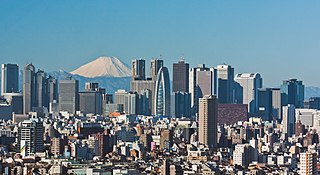
A district is a type of administrative division that, in some countries, is managed by local government. Across the world, areas known as "districts" vary greatly in size, spanning regions or counties, several municipalities, subdivisions of municipalities, school district, or political district.
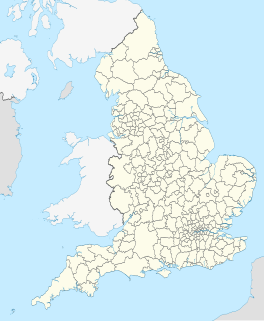
The districts of England are a level of subnational division of England used for the purposes of local government. As the structure of local government in England is not uniform, there are currently four principal types of district-level subdivision. There are a total of 314 districts made up of 36 metropolitan boroughs, 32 London boroughs, 188 non-metropolitan districts, and 56 unitary authorities, as well as the City of London and the Isles of Scilly which are also districts, but do not correspond to any of these categories. Some districts are styled as boroughs, cities, or royal boroughs; these are purely honorific titles, and do not alter the status of the district. All boroughs and cities, and a few districts, are led by a mayor who in most cases is a ceremonial figure elected by the district council, but—after local government reform—is occasionally a directly elected mayor who makes most of the policy decisions instead of the council.

In the United States, a district attorney (DA) or state's attorney is the chief prosecutor for a local government area, typically a county. The exact name and scope of the office varies by state. Alternative titles for the office include state's attorney, county attorney, commonwealth's attorney, solicitor, or county prosecutor.

United States attorneys represent the United States federal government in United States district courts and United States courts of appeals.

Historic districts in the United States are designated historic districts recognizing a group of buildings, properties, or sites by one of several entities on different levels as historically or architecturally significant. Buildings, structures, objects and sites within a historic district are normally divided into two categories, contributing and non-contributing. Districts greatly vary in size: some have hundreds of structures, while others have just a few.

Seoul, officially the Seoul Special City, is the capital and largest metropolis of South Korea. Seoul has a population of 9.7 million people, and forms the heart of the Seoul Capital Area with the surrounding Incheon metropolis and Gyeonggi province. Ranked as an alpha world city, Seoul was the world's 4th largest metropolitan economy with a GDP of US$635 billion in 2014 after Tokyo, New York City and Los Angeles. International visitors generally reach Seoul via AREX from the Incheon International Airport, notable for having been rated the best airport for nine consecutive years (2005–2013) by the Airports Council International. In 2015, it was rated Asia's most livable city with the second highest quality of life globally by Arcadis, with the GDP per capita (PPP) in Seoul being around $40,000. In 2017, the cost of living in Seoul was ranked 6th globally. In 2020, Seoul's real estate market was ranked 3rd in the world for the price of apartments in the downtown center. Seoul was one of the host cities for the official tournament of the 2002 FIFA World Cup, which was co-hosted by South Korea and Japan.

The Hunger Games is a series of young adult dystopian novels written by American novelist Suzanne Collins. The series is set in The Hunger Games universe, and follows young Katniss Everdeen.

Joseph D. Neguse is an American politician serving as the U.S. Representative for Colorado's 2nd congressional district since 2019. A member of the Democratic Party, he previously was a Regent of the University of Colorado from 2008 to 2015. Neguse is the first Eritrean-American elected to the United States Congress and Colorado's first congressman of African descent.
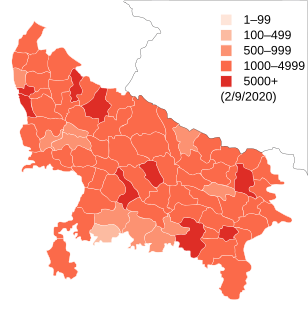
The COVID-19 pandemic in Uttar Pradesh, India was first confirmed on 4 March 2020, with the first positive case in Ghaziabad. As of 7 August 2020, the state has 1,26,722 confirmed cases, resulting in 2,120 deaths and 76,724 recoveries. Case fatality rate in the state stands at 1.67%.

The first case of the COVID-19 pandemic was confirmed in the Indian state of Odisha on 16 March 2020. The state has confirmed 48,796 cases, including 15,426 active cases, 33,021 recoveries, and 296 deaths as of 11 August.